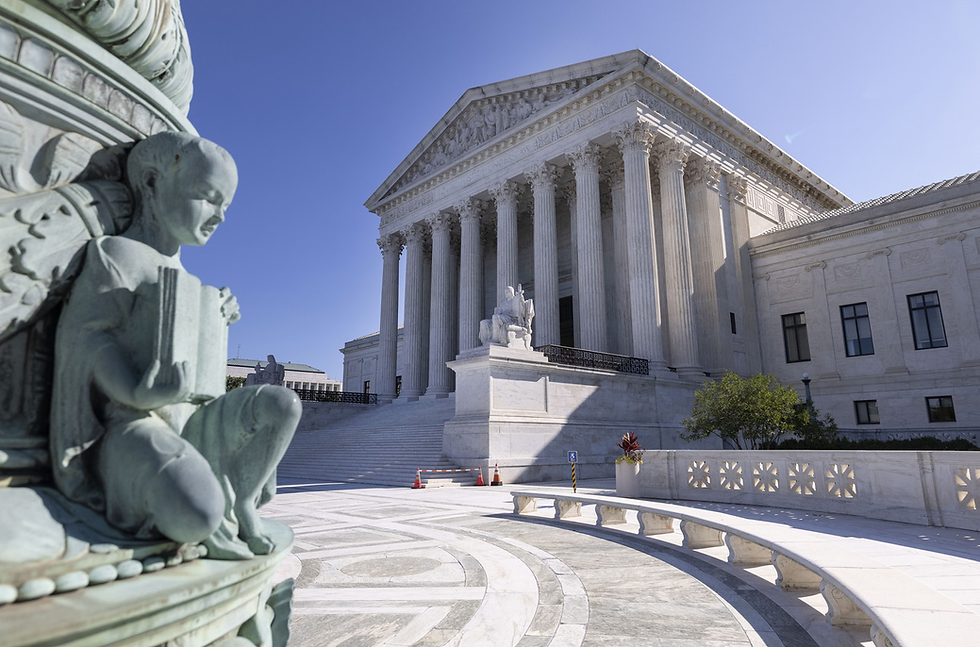Coinbase has asked the Supreme Court to halt a pair of class-action lawsuits in order to push the plaintiffs into arbitration.

On Tuesday, the United States Supreme Court will hear arguments in its first-ever crypto-related case, in which lawyers for San Francisco-based crypto exchange Coinbase will try to persuade the nine Justices to halt a pair of class-action lawsuits filed against the crypto exchange.
The issue that the Supreme Court will hear on Tuesday involves cryptocurrency, but it is not a crypto case in and of itself. Actually, this is a pretty technical procedural debate regarding whether a lawsuit can be filed in federal court while one party - in this case, Coinbase - attempts to have the matter resolved through arbitration.
Coinbase is currently challenging an earlier judgement by a federal court in California that allowed the two lawsuits, Bielski v. Coinbase and Suski v. Coinbase, to proceed, despite Coinbase's user agreement, which requires disagreements to be resolved through arbitration. Arbitration is an out-of-court dispute resolution technique in which the odds are frequently stacked against consumers.
Last April, the United States District Court for the Northern District of California denied Coinbase's motion to compel arbitration in the Bielski case, arguing that the exchange's arbitration clause is "unconscionable" and employs a "litigation gimmick" to disadvantage users in the event of a dispute. The verdict was maintained when Coinbase appealed to the next-highest court, the San Francisco-based 9th U.S. Circuit Court of Appeals, in July.
Coinbase has become a magnet for class-action lawsuits, with judges dismissing some while allowing others to proceed. The lawsuits have ranged from allegations that the exchange traded unregistered securities (after the Securities and Exchange Commission judged certain tokens to be securities) to complaints that the exchange botched its public listing.
Other lawsuits have been linked to accusations about hackers and insufficient security, such as Bielski's, in which he claimed Coinbase violated the law by neglecting to reimburse him for almost $31,000 he lost after being targeted by a scammer acting as a PayPal employee.
Suski v. Coinbase, the other case the Supreme Court will hear on Tuesday, is a million-dollar sweepstakes event sponsored by the exchange in June 2021. Suski and other consumers claim that they were mislead by advertising that implied they had to buy or sell $100 in dogecoin to be eligible, but in fact individuals who did not trade dogecoin were equally eligible.
As the lawsuits pile up, Coinbase has been compelled to engage in a frenzied game of legal whack-a-mole. If the exchange obtains the desired result from the Supreme Court, further lawsuits may be forced into arbitration, making it easier for Coinbase to deal with them.
Whilst the final ruling will not set a precedent for the most important issues confronting crypto, it may have a substantial impact on the burgeoning crypto litigation scene. It would also have far-reaching consequences for other cryptocurrency companies, which are increasingly being pursued by class-action lawsuits.
The court will meet in Washington, D.C., on Tuesday at 10:00 a.m. ET, with this case being the second on the docket. The oral arguments will last 60 minutes.
By fLEXI tEAM
.png)
.png)


Comments